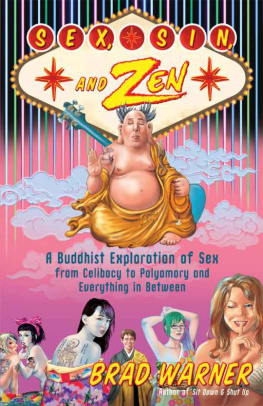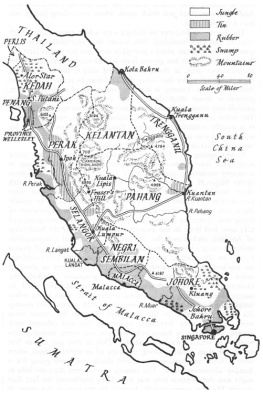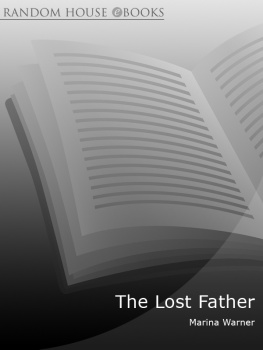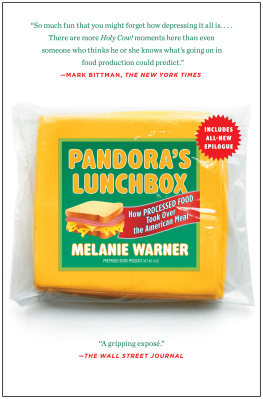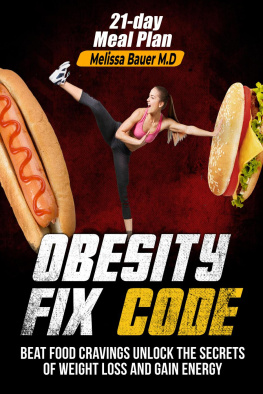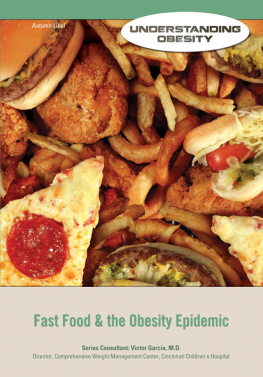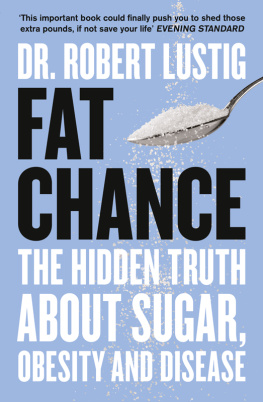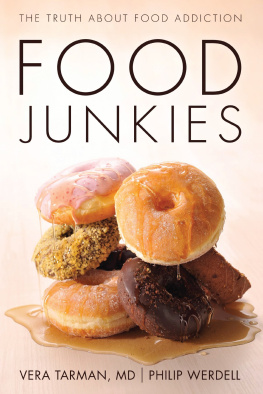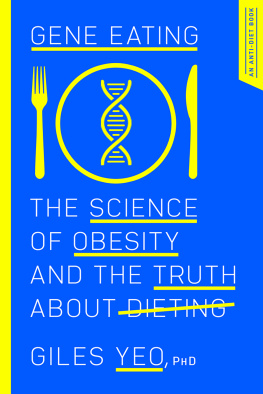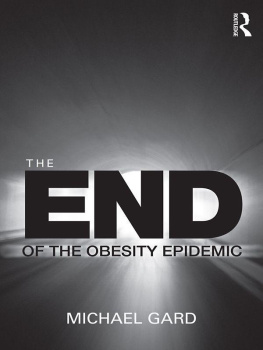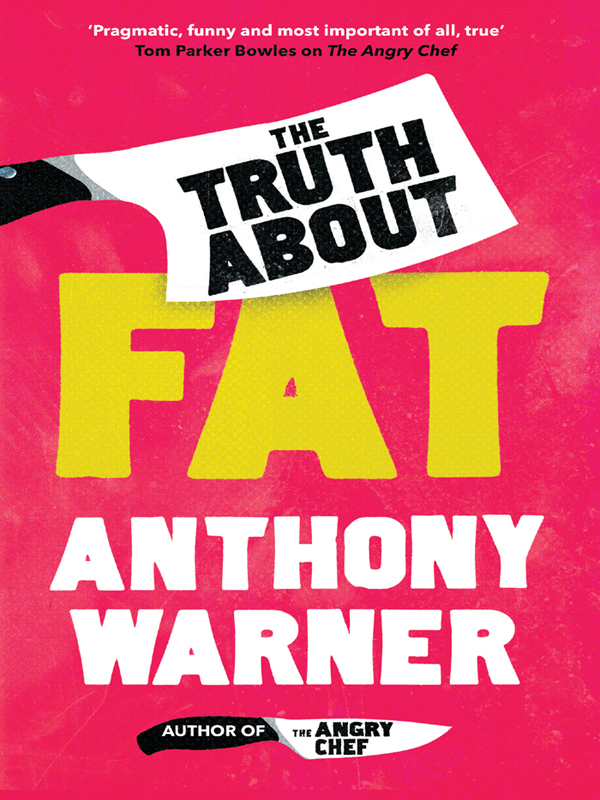
THE TRUTH
ABOUT FAT
Also by Anthony Warner
The Angry Chef:
Bad Science and the Truth About Healthy Eating
THE TRUTH
ABOUT FAT
ANTHONY WARNER

Doubt is not a pleasant condition, but certainty is absurd.
Voltaire
CONTENTS
A WORD ON LANGUAGE
Throughout this book I am going to talk about fat, obesity and body weight. In researching, I spent a great deal of time thinking about the language I was going to use, keen as I am not to add to the stigma that surrounds these issues. I appreciate the power of words, and I want to get it right.
After much consideration, I have decided to talk about fat people, people getting fat, and fatness generally, despite those terms being loaded with the potential to cause offence. I appreciate that fat is often derogatory, but it remains better than the alternatives. I shall also refer to obesity and obese people, even though I am not completely happy with those terms, as we will discuss.
There are several reasons for these choices. Firstly, most of the alternatives are clunky and difficult to include consistently in prose. People in larger bodies, people with obese bodies, people suffering from obesity, or similar, are awkward and, by tiptoeing around the definition, draw attention to themselves. I believe that this would increase any stigmatising effect, and runs the risk of making me sound like a tool.
Also, although some people do prefer people first language, I know many sensible commenters who do not, and I share the concerns they have with this approach. It seems to me that people first language is only used if we consider the condition being described as undesirable, and if we want to decrease stigma, perhaps we should stop seeing fat in this way. Many autistic campaigners have long rallied against the use of people with autism, which makes it sound like a contagious disease, and I wonder if a similar approach might help when it comes to fat.
In truth, I have never met anyone offended by the use of the term fat people, but if you are, I can only apologise. I realise it is a difficult term for some, and may carry a painful history with it, but I was not aware of a practical alternative. It is common for stigmatised groups to reclaim insults so that they lose their power to hurt it hasnt happened to fat yet, but maybe now is a good time to try.
INTRODUCTION
Everyone knows we are in the grip of an obesity epidemic. It is estimated that by 2025, 18 per cent of the worlds men and 21 per cent of the women will be obese. In the UK, in 2017 we were declared the fattest country in Western Europe, with 63 per cent of adults overweight, and 27 per cent of them obese. And as obesity is strongly linked to a range of chronic diseases, its inexorable rise over the past forty years is likely to have a profound human cost.
You do not have to read the statistics to see that there is a problem. It is clear when you walk down the street in the developed world that people are getting larger, and have been for many years. It is a modern health crisis, unstoppably spreading around the world. As economies develop and Westernise, obesity sweeps in, making huge numbers of people fat and sick. To make matters worse, obesity is no longer just a disease of affluence. It is increasingly associated with poverty, inequality and divided societies.
According to everyone whose dietary beliefs I criticise, it is the fault of people like me. In supporting the consensus view of nutrition science, and particularly in my refusal to utterly condemn all convenience foods as the cause of this crisis, I am making the world fat. I have even publicly stated that sugar is probably not the source of all evil, which, it seems, is tantamount to boiling kittens alive.
Its interesting to see that this criticism comes almost exclusively from affluent, privileged commenters, who believe that they have discovered dietary secrets that can help free others from their shameful, fat bodies, offering a superior, skinny hand of friendship and guidance. They imagine that because they are thin, and they have managed to stay thin throughout their lives, their particular dietary beliefs must hold the key for all.
As they shop in Wholefoods after lunching at an exclusive organic caf in Chelsea, they take the time to message me their wisdom, presumably before a leisurely afternoon at a posh spa. Clearly, the world is fat because people are not vegan. Or because the obese all eat processed food. Or too much cake. Or sugar. Or carbs. Or maybe its something to do with feminism. Or capitalism. Or agriculture. Or chemicals. It has never been possible to reply adequately to any of these criticisms in a tweet or even a blog post. This is not because I have no answers, but because the issues are complex and take some explaining. But with this book, I intend to answer them all.
Anyone who claims that they have a magic bullet is either mistaken or lying to you. In researching for this book, I have spoken to some of the most brilliant and informed minds in the world, and none of them have The Answer. But by looking at everything we know and stepping back to understand how it fits together, I do think we can get closer to the truth.
A book that discusses problems without offering solutions would be of little use to the world. So as we progress, I shall start to shape a few ideas that might help us reach a better place. But be warned: The Truth About Fat is not a book that will attempt to sculpt your body. There is little chance of that because I have never met you, know nothing about your health, your mind or your relationship with food. All I can offer you is a greater understanding of why we get fat, a challenge to some popular myths about weight, and a little relief from the troubled relationship many of us have with our bodies. I will also shine a light upon some of the people exploiting our fears and misunderstandings, and try to make sure that you dont fall into their persuasive traps.
More than anything, I shall call for a world that tolerates and understands people, however they look, and attempt to strip away the last allowable prejudice of our age.
That is, a solution, not a blender.
PART I
THE MODERN EPIDEMIC
WHY DO WE GET FAT? PART I
I have had a half-decent career as a chef. As a slightly geeky science graduate with an interest in food, I entered the terrifying cauldron of a professional hotel kitchen in late 1994. Most of the other chefs thought that I would last a week or two, but through a combination of talent, bloody minded determination and the ability to out-drink most of my peers, I quickly rose through the ranks. Within twelve months, I was a sous chef in the patisserie section of the hotel. Within two years I was running the kitchen of a busy restaurant. Within five years I was in charge of twenty chefs. Within ten, I was the head development chef of one of the UKs largest food manufacturers, developing products eaten in millions of homes. My cooking career cost me injuries, stress, pain, and, at least twice, a genuine fear for my life.
In the past few years, I have somehow managed to develop a parallel career. I started a blog in 2016, and within a few months had an agent, a book deal, and was writing for a number of well-known publications in the UK and abroad. My first book sold well around the world, and was translated into fifteen languages. I now spend as much time writing as I do cooking, and it has transformed me in a wide range of positive ways. But writing my first book also meant that I did not have a day off for over six months, putting in sixteen-hour days in a cold, cramped, junk-filled spare room, distancing myself from my responsibilities as a husband and father.
Next page

